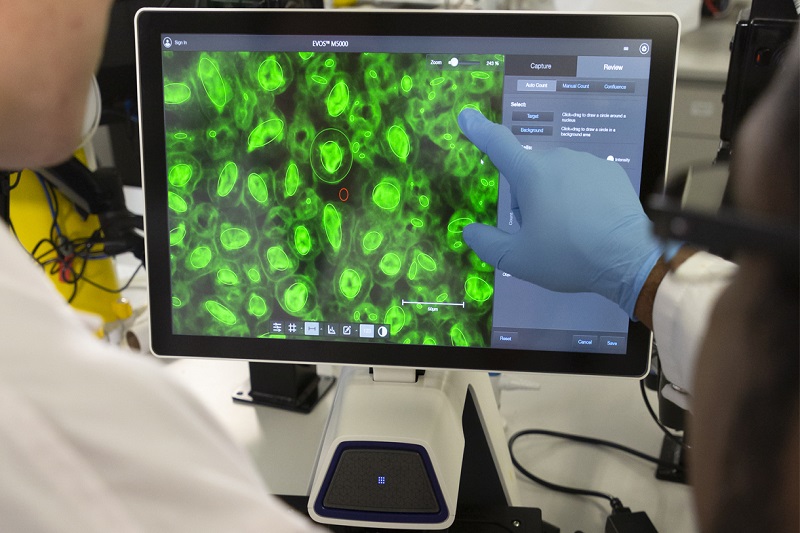
Technology and the modern classroom experience are becoming increasingly inseparable, and science education is no exception.
An expert from Australia’s RMIT University shared that learners today need digital literacy skills to be successful in and out of the classroom.
Importance of access to digital tools
Bioscience lecturer Associate Professor Donald Wlodkowic is leading a transformation of the University’s labs to give students access to the very best in technology.
According to a recent press release, it is essential for bioscience students to have access to digital tools because there is increasing global digitalisation in the healthcare, biomedical and bioscience industry sectors.
Industry is moving very fast and using the latest digital technologies available, which has proven transformational for the life sciences.
Students need to have access to those same tools used by researchers and health professionals so that they will be experienced when they move into the lab later in their careers.
Transforming laboratories
The first phase of the project kicked off in time for the new semester, with the rollout of 22 EVOS M5000 digital microscopes, which was accomplished in collaboration with a life sciences company.
This type of microscope is used by high-calibre research facilities.
It features a portable benchtop design with an integrated computer, large digital screen and cloud networking capabilities.
They are very easy to use and allow the researchers to work faster, so they can focus their efforts on scientific discoveries rather than technical aspects of microscopy.
Students have access to the microscopes in classrooms across the Melbourne City and Bundoora campuses.
Benefits of digital microscopes
Having access to microscopes, which are used by industry labs, means students are learning hands-on with technology that is equipping them for the future.
Students will gain a better understanding of science by seeing relevant specimens clearly on digital screens.
Moreover, this will allow them to discuss in real time and view real samples, enhancing not only their biological learning but their scientific mindset.
The advanced nature of these tools allows experimentation in areas that were previously unattainable.
These include fluorescence and time-lapse imaging, which are relatively untouched areas in undergraduate teaching.
Having a bioscience degree and the associated digital skills will provide students with several benefits.
They will develop creativity, collaboration and practical problem-solving skills, which are critical in preparing students for the modern biomedical workforce.
With these future-ready skills, bioscience graduates will find opportunities across the bioscience, biotechnology, biopharma and drug discovery industries.
They call also find opportunities in universities and clinical labs – anything from tech roles to senior research and development and academic positions.
Future plans
There are always plans and new ways to bring transformative digital experiences into teaching, to build on a learning environment that is inspiring, inclusive and collaborative.
There are plans to bring next-generation DNA sequencing technologies to a significant proportion of bioscience courses at the University.
These new digital tools are simple, rapid and portable, and will offer an opportunity to expose and train students to state-of-the-art practice and provide problem-guided and collaborative learning.
















